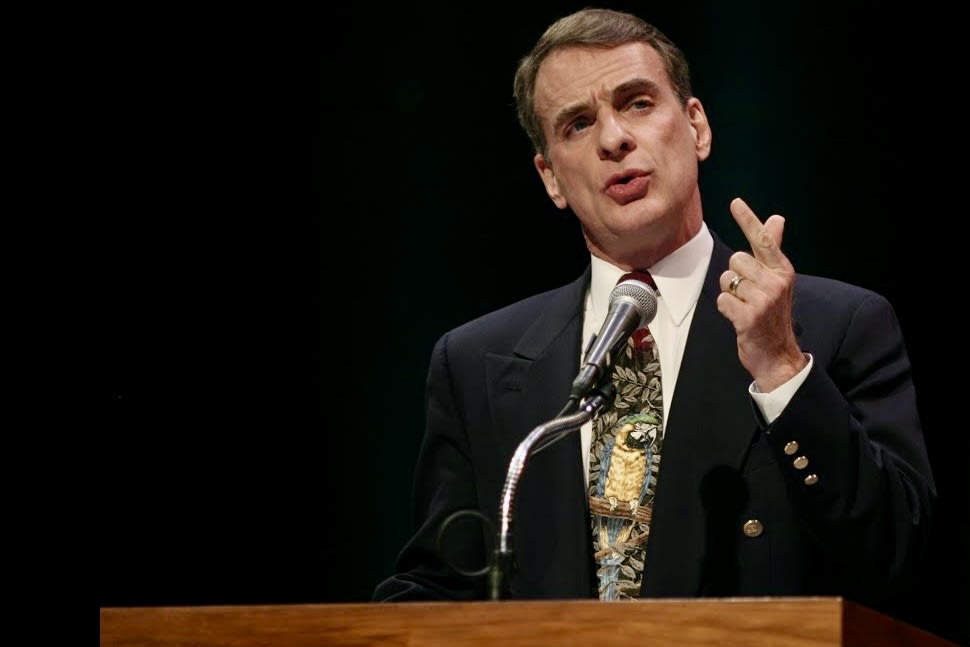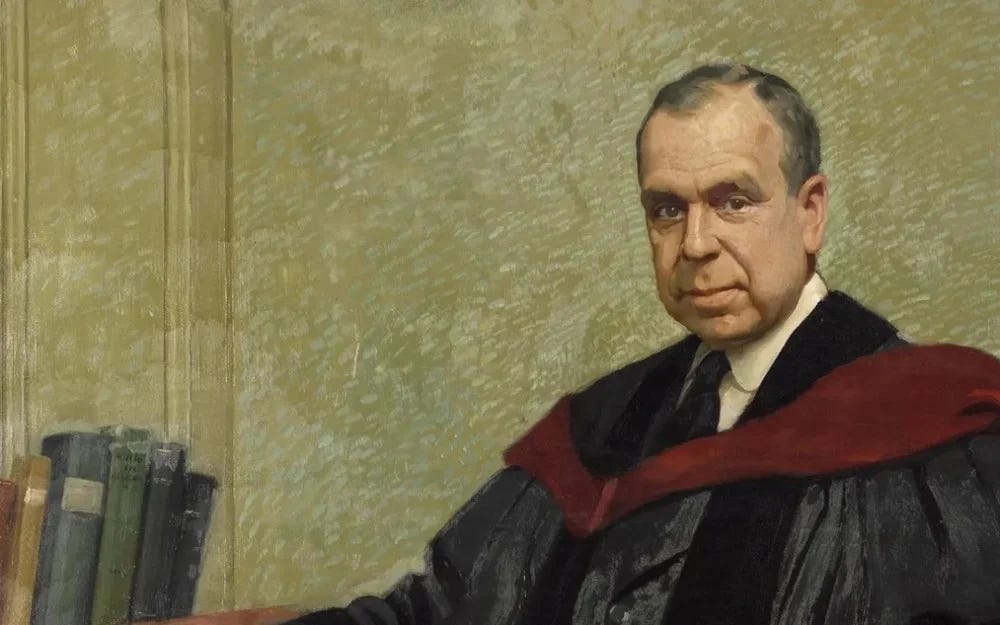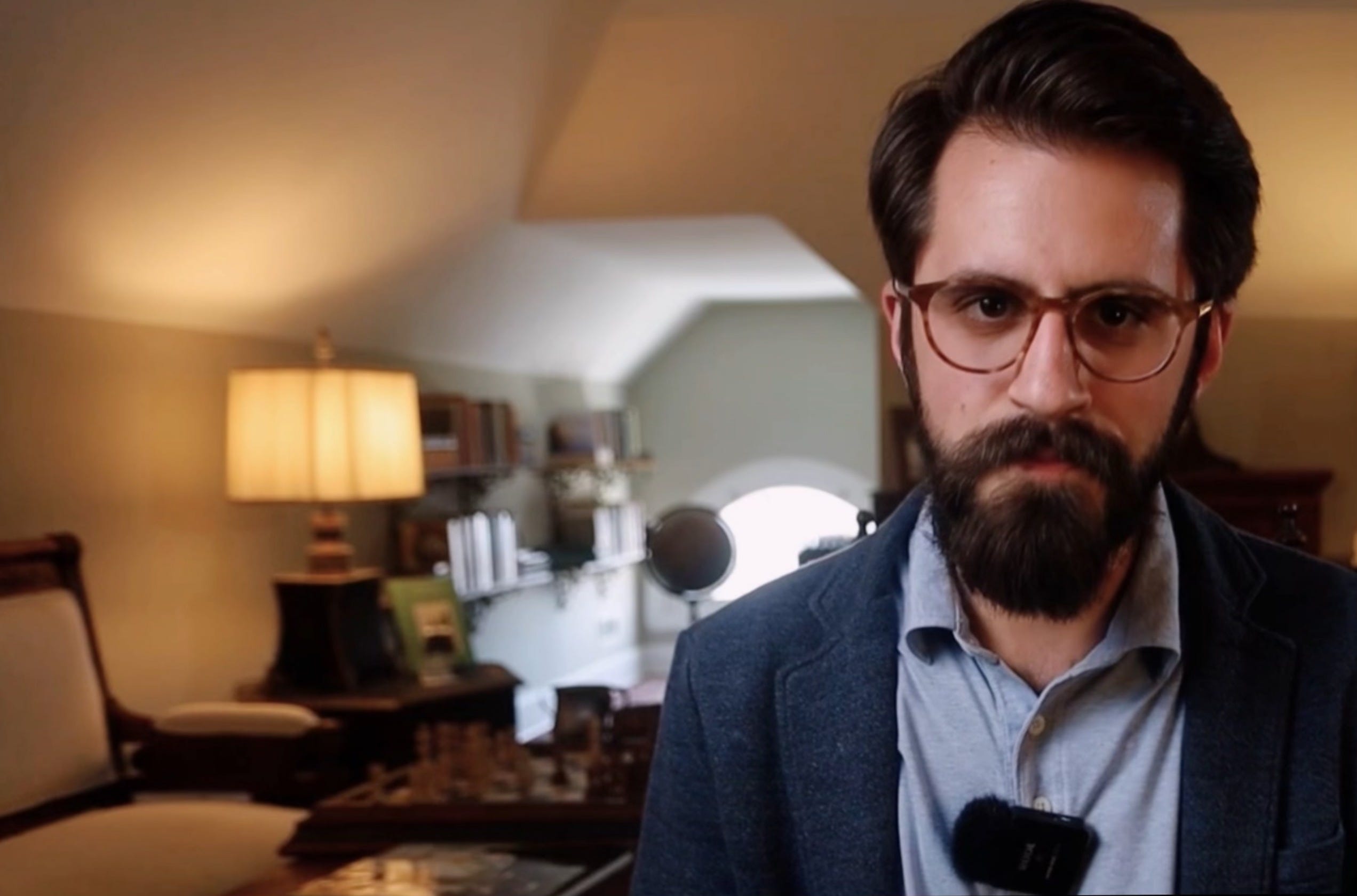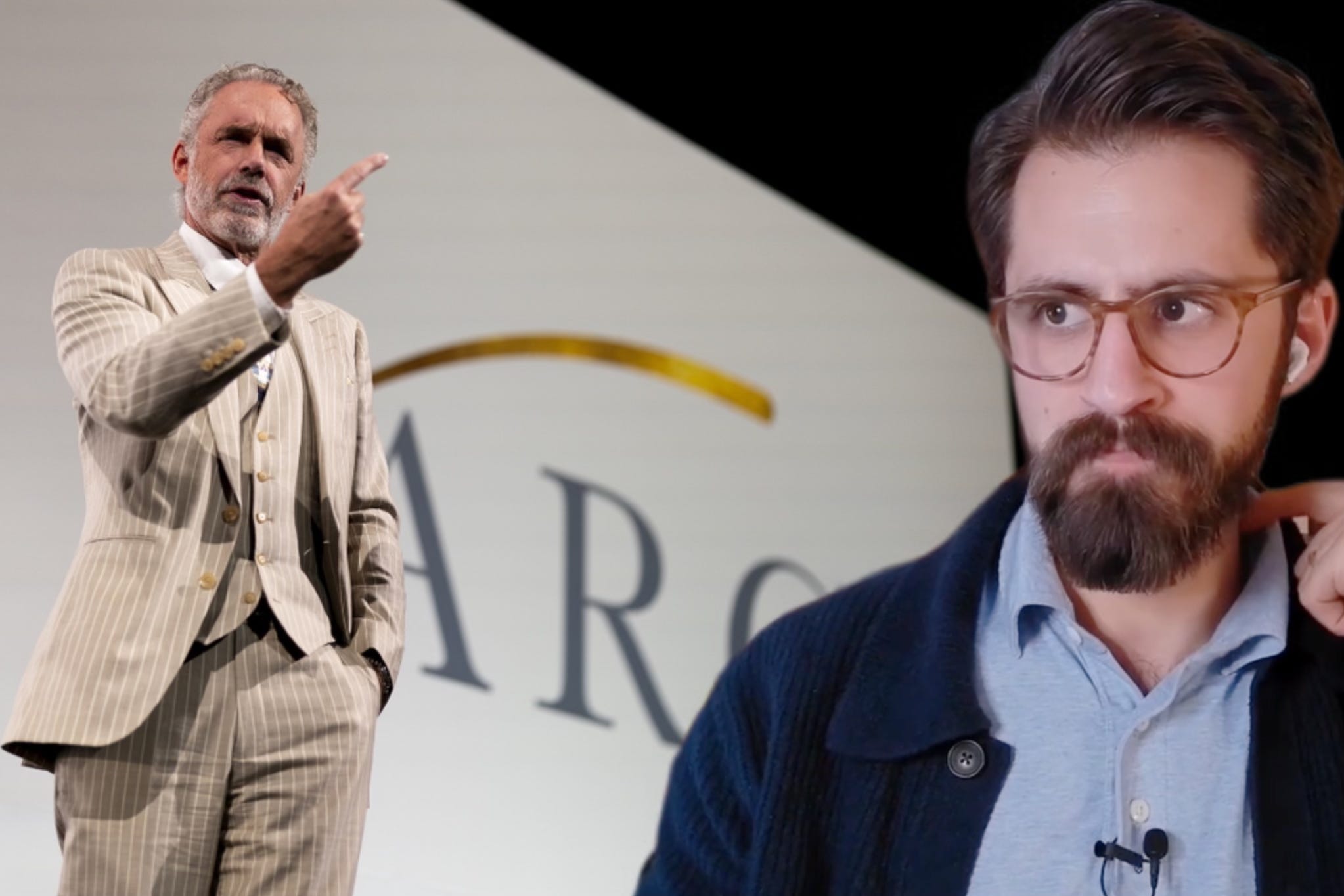Why I STOPPED Being a Presuppositionalist
Description
My theological education took place at Westminster Seminary, the bastion of presuppositionalism.
Presuppositionalism: Christian thinking must begin from all and only Christian presuppositions.
And this thesis had a noticeable effect on our studies.
95% of the time we would read people who already agreed with us in order to believe what they said.
5% of the time, we would go find somebody we disagreed with and be assigned to go figure out what was wrong with them.
But after Westminster, I did a program in philosophy at the University of Chicago. In this beautiful, gothic reading room, etched in stone over one of the doorways was this quotation:
“Read, neither to believe nor to contradict, but to understand.”
And those words summed up what had been wrong with my experience at a presuppositional seminary, and what was so right about my experience at the University of Chicago.
Now, my Christian perspective is not just based on Christian presuppositions.
Now, my Christian perspective suggests that even if I’m not looking at the Bible, I see indications of the Divine.
Readers, last week, I argued that the theology nerd mindset is that of a closed system, a self-reinforcing circle of Bible and theology, with no outside inputs.
While much evangelical theology makes this error implicitly, presuppositionalism endorses and radicalizes this error explicitly.
The presuppositionalist avows that theology should utilize circular arguments, beginning all and only from Christian presuppositions.
And even if you haven’t encountered presuppositionalism, I think you’ll recognize the tendency to ideological thinking that refuses to be challenged and protects its ideas from outside interference.
Not so the Christian humanist. Outside interference, from reality, is what the humanist desires.
That’s why the story of how I stopped being a presuppositionalist is also the story of how I became a Christian humanist.
In the rest of this post (originally a YouTube video I made in February), I tell the story of how I stopped being a presuppositionalist. Thank you for reading.
If you want to learn more about transcending the theology nerd mindset, sign up for my upcoming (July-August) course, From Theology Nerd to Christian Humanist.
I. What Is a Presuppositionalist?
The story of how I stopped being a presuppositionalist begins back when I was one.
A presuppositionalist is someone who believes that, to have a consistently Christian worldview, you need to start from all and only Christian presuppositions.
The underlying theory is that people of different worldviews all start from their own presuppositions. If you’re a materialist atheist, you start from those presuppositions. If you’re a Christian, you start from a Christian set of presuppositions, and never the twain shall meet.
Nobody really bases their beliefs on just an objective look at the evidence. We all bring a set of lenses, interpretive schemes to the world, and a Christian ought to make the Bible their interpretive scheme.
Now for me, this was compelling as I was first taking my faith seriously. I’d had a lot of time where I just was a Christian on Sunday, and I didn’t know how to apply my faith to the other days of the week. That’s a lot of people.
But as I was trying to take that faith more seriously, reading the Bible more, studying theology—the idea of having Christian presuppositions for all that you do sounds really compelling.
I was also getting into the Reformed theology space where there’s an argument put forward that presuppositionalism is the consistent Calvinist or Reformed approach to apologetics, instead of classical or evidential apologetics, where you start from common ground and evidence to argue to a Christian worldview.
Now I remember going off to college, at a Christian college. I thought, “Hey, I can get a Christian perspective on things!”
And my now wife showed me her homework from a philosophy class, and it was about Thomas Aquinas, who is the opposite of a presuppositionalist. He’s a natural theologian. And he was arguing that there’s a distinction between the preambles of faith, the things you can know apart from faith or revelation, and the articles of faith, the things that are taught by faith.
Aquinas would say that the Trinity, the Incarnation, and redemption you can only get from the Bible. But that God exists, that there is a moral law, and that we’ve sinned, these things can be known apart from Scripture. They might be even what gets you interested in Scripture. If you start to think, “I think there’s a God out there. Maybe I should read this Bible people keep talking about.” That’s the preambles versus the articles.
But I denied that. I remember at the time thinking: “No, everything’s got to start from the Bible. That’s how you’re going to have a consistently Christian perspective on things in the world.”
II. The Turning Point: Moral Attitudes in P. F. Strawson
But there was a time in a final philosophy class I took at that college, we were reading about free will and moral responsibility.
And there’s an important essay by Peter Strawson, British philosopher from the mid-20th century—“Freedom and Resentment.”
In it, Strawson was arguing against the hard determinists. These are philosophers who think that free will and determinism are incompatible, that determinism is true and that therefore free will is false.
And the hard determinists thought that therefore, we should rid ourselves of all emotions that assume that other people are moral response morally responsible. Think, e.g., resentment, from the title, that assumes that the other person has free will and purposefully did something to you. Or gratitude on the positive side: to be grateful towards somebody assumes that they were free, deserving of praise for what they did, and not just, “Well, they were pre-programmed to do it.”
And Strawson’s argument took an interesting form, because Strawson was not a Christian. He was not somebody who argued that we have a soul or a metaphysical basis for free will, that we're not physically determined by our psychology or something.
No, he just said, “There’s no way that we’re going to rid ourselves of these emotions of resentment and gratitude, blame and praise. These are part of being human, that we are equipped with the ability to make these evaluations.”
And so from there, he said, no metaphysical thesis that pointy-headed philosophers or physicists come up with in the lab is going to affect this practice and its validity. If you bump into me, what decides whether I should be mad or forgiving is whether you intended to do so, not whether physicists have figured out whether quantum mechanics is true.
So that idea, I didn’t realize it, but that was already incompatible with presuppositionalism.
Hey, if you enjoy content like this, hit like and subscribe to The Natural Theologian. If you want to support my work further, consider becoming a paid subscriber.
How? you say. How was Strawson’s idea incompatible with presuppositionalism?
Well, let’s take an example of a presuppositionalist argument. A prominent one was the way Doug Wilson debated Christopher Hitchens in their recorded debates.
Wilson is officially a presuppositionalist. (He’s got some other C. S. Lewis, natural law influences that we’ll leave aside for the moment.)
But Wilson kept pressing Hitchens on Hitchens’ morally fervent critiques of the God of the Old Testament and the New. He would say, “Where do you get this morality by which you can judge—by what standard can you judge that God is evil, for having the Israelites go and kill the Canaanites? By what standard can you judge that penal substitutionary atonement is morally repugnant? You must be assuming a moral standard that has no place in an atheistic, materialist universe.”
Now there are two ways you can go with an argument like that. The presuppositionalist essentially says:
“You, atheist, have no basis for morality. Stop it. You need to be consistent. Go become a nihilist and go kill other people or yourself.”
That’s the extreme version, but that’s essentially, “Go take your presuppositions to their logical conclusion.”
But that’s not the direction that Strawson goes.
Strawson is not a Christian, but he’s saying there’s something else beyond metaphysical inklings (i.e., do you believe in God or materialism).
There’s our ingrained human ability to evaluate things on a moral level and to feel the emotions that are part and parcel of that.
And that’s not going away.
To read and understand Peter Strawson’s article, sign up for From Theology Nerd to Christian Humanist. I’m adding it to the syllabus for “philosophy week.” Grab a copy of the syllabus by clicking this link.
III. C. S. Lewis and my Agnostic Professor
And that’s actually where C. S. Lewis starts his argument for Christianity, in the very opening pages of Mere Christianity.
C. S. Lewis says people are doing this all the time. They’re saying, “That’s mine!”
























